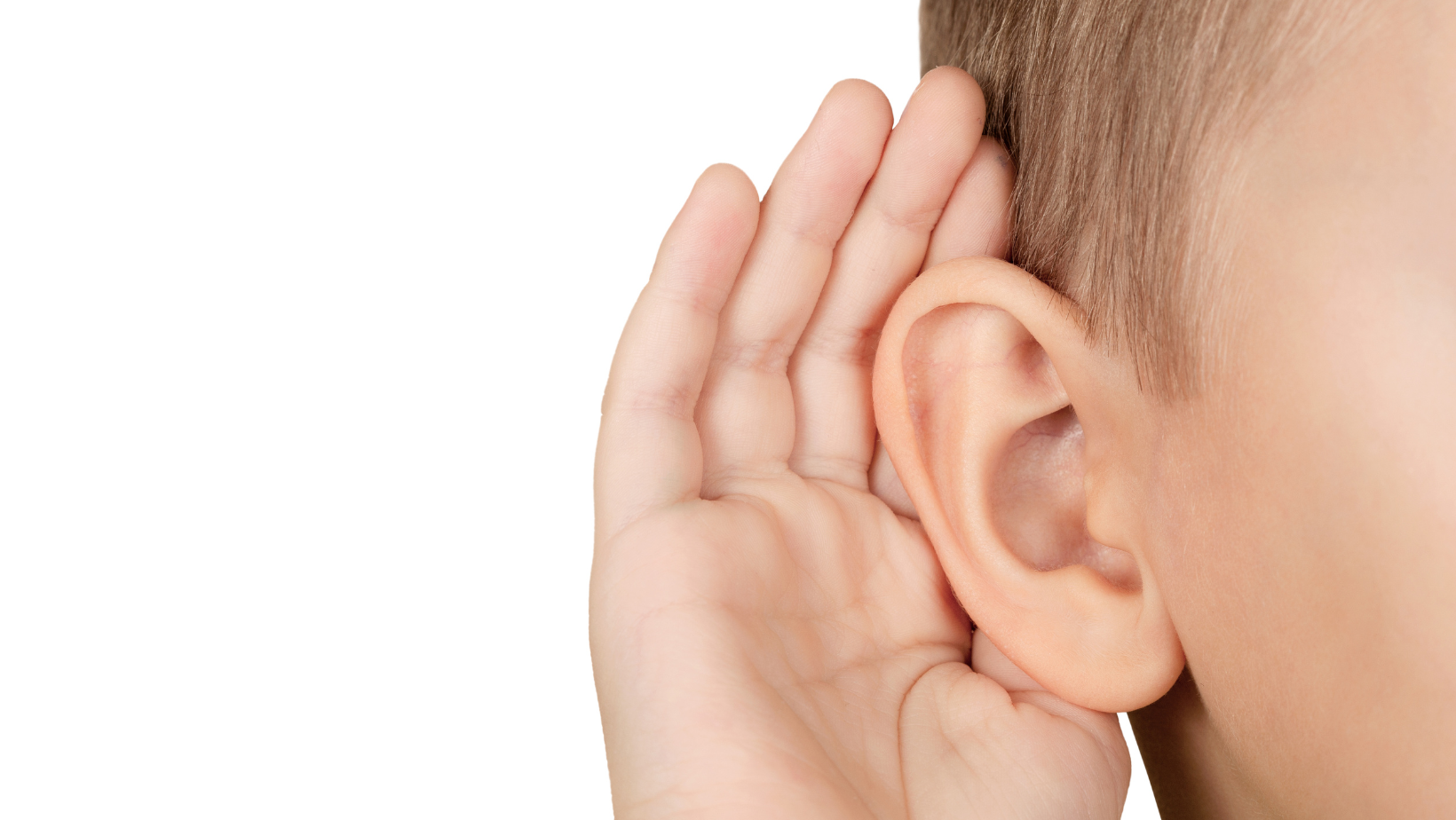
As a parent, one of the biggest concerns you may have regarding your child’s ear health is how to clean their ears safely. While it’s normal to want to keep your child’s ears clean, it’s essential to understand that cleaning too aggressively can cause harm to their delicate ear canal. While it may not be pleasant, earwax is harmless and crucial in maintaining healthy ears. While many people know that ears are essential for hearing, only some realize that the inner part of the ear is also responsible for maintaining balance. Because ears serve such a vital function for our bodies, taking proper care of them is important.
Earwax and Its Function
Earwax, also known as cerumen, has two essential jobs: it protects the ear canal and eardrum from germs that can cause infection and prevents dirt, dust, and other particles from harming the eardrum. Earwax is produced in the ear canal, which is the area between the outside of the head and the middle ear. The ear canal constantly produces earwax, so there is always enough wax. The wax moves towards the ear’s opening and is removed during bathing.
Parents should avoid attempting to remove their child’s earwax, as it usually comes out independently. Trying to remove it can lead to infection or damage to the ear. It is essential to never stick anything into a child’s ears, including cotton swabs, as this can be harmful. In most cases, regular bathing is sufficient to maintain healthy earwax levels.
Suppose a child experiences hearing loss, pain, or discomfort due to earwax buildup. In that case, it is essential to consult a doctor for safe removal. Home remedies should be avoided as they can cause damage to the ear canal and hearing. (Kidshealth)
What is Otorrhea?
Otorrhea is when fluid comes out of your ear. Sometimes people call it “runny ears” or “watery ears.” It’s usually caused by an ear infection that makes a hole in your eardrum. But other things can cause otorrhea too, like an object stuck in your ear, swimming in water, or head injury.
Otorrhea can happen to children and adults, but it is more common in children. If your child has otorrhea, it could be because of an ear infection. It is recommended to take your child to a doctor, who can check to see what’s causing it. If your child has an object stuck in their ear, don’t try to take it out yourself. Ask a doctor for help instead. (Cleveland Clinic)
Ear Tubes
Ear tubes are tiny tubes made of metal or plastic placed in the eardrum to help drain fluid from the middle ear. They also allow air to flow into the middle ear and prevent fluid from building up behind the eardrum. Children with persistent fluid buildup behind the eardrum may need ear tubes, especially if it causes hearing loss or affects speech development.
If your child gets frequent ear infections, their doctor may recommend ear tubes. Ear tubes are recommended for different conditions, such as middle ear infection, otitis media with effusion, chronic middle ear infection, and chronic suppurative otitis media.
If left untreated, these conditions can cause hearing loss, balance problems, and even learning or speech development delays. Most ear tubes fall out on their own within four to 18 months, and the holes heal shut themselves. However, some tubes need to be removed, and some holes may need to be surgically closed. If your child needs ear tubes, their doctor will explain the procedure and answer any questions you may have. (Mayo Clinic)
When Should You Go to the ER?
Parents must know when to seek medical attention for their child’s ear drainage. If the discharge lasts more than three days or is accompanied by pain, fever, or redness around the ear or neck, immediately make an appointment with your healthcare provider. Ear drainage can be a symptom of several conditions, some of which can be severe, so prompt diagnosis is critical. (Kidshealth)
Regarding your child’s health, it’s always better to be safe. If your child suffered a head injury recently and is now experiencing ear drainage, dial 911 or take them to the nearest emergency room immediately. Moreover, seek immediate medical attention if your child struggles with swallowing, speaking, or vision in conjunction with ear injury resulting in drainage, bleeding or extreme pain.
Works Cited
“Dealing with Earwax (for Parents) – Nemours Kidshealth.” Edited by Patrick C. Barth, KidsHealth, The Nemours Foundation, Dec. 2020, kidshealth.org/en/parents/earwax.html.
Cleveland Clinic. “Otorrhea: What It Is, Causes & Treatment.” Cleveland Clinic, my.clevelandclinic.org/health/diseases/23570-otorrhea.
Mayo Clinic. “Ear Tubes.” Mayo Clinic, Mayo Foundation for Medical Education and Research, 22 June 2021, www.mayoclinic.org/tests-procedures/ear-tubes/about/pac-20384667#:~:text=Ear%20tubes%20are%20often%20recommended,child%20gets%20frequent%20ear%20infections
